Are Mushrooms Legal in Utah? What to Know (2025)
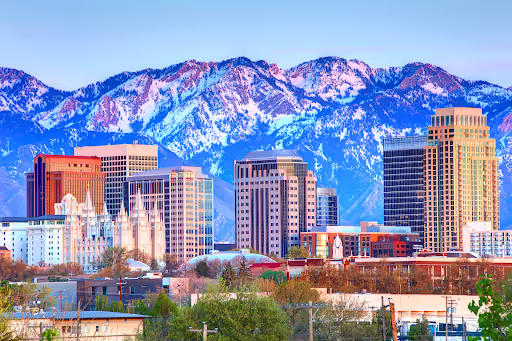
Psilocybin, the psychoactive compound found in certain species of “magic mushrooms,” is generating significant interest in Utah due to its potential therapeutic benefits. With research revealing promising applications for mental health, many are curious about the legality of psilocybin in the Beehive State.
In this guide, we’ll cover the nature of psilocybin, its legal status in Utah, and where you can access it legally. We’ll also discuss its therapeutic applications and the ongoing debate surrounding Utah's psilocybin bill. Whether you’re interested in psilocybin therapy or simply want to understand Utah’s mushroom laws, this article provides the essential information you need.
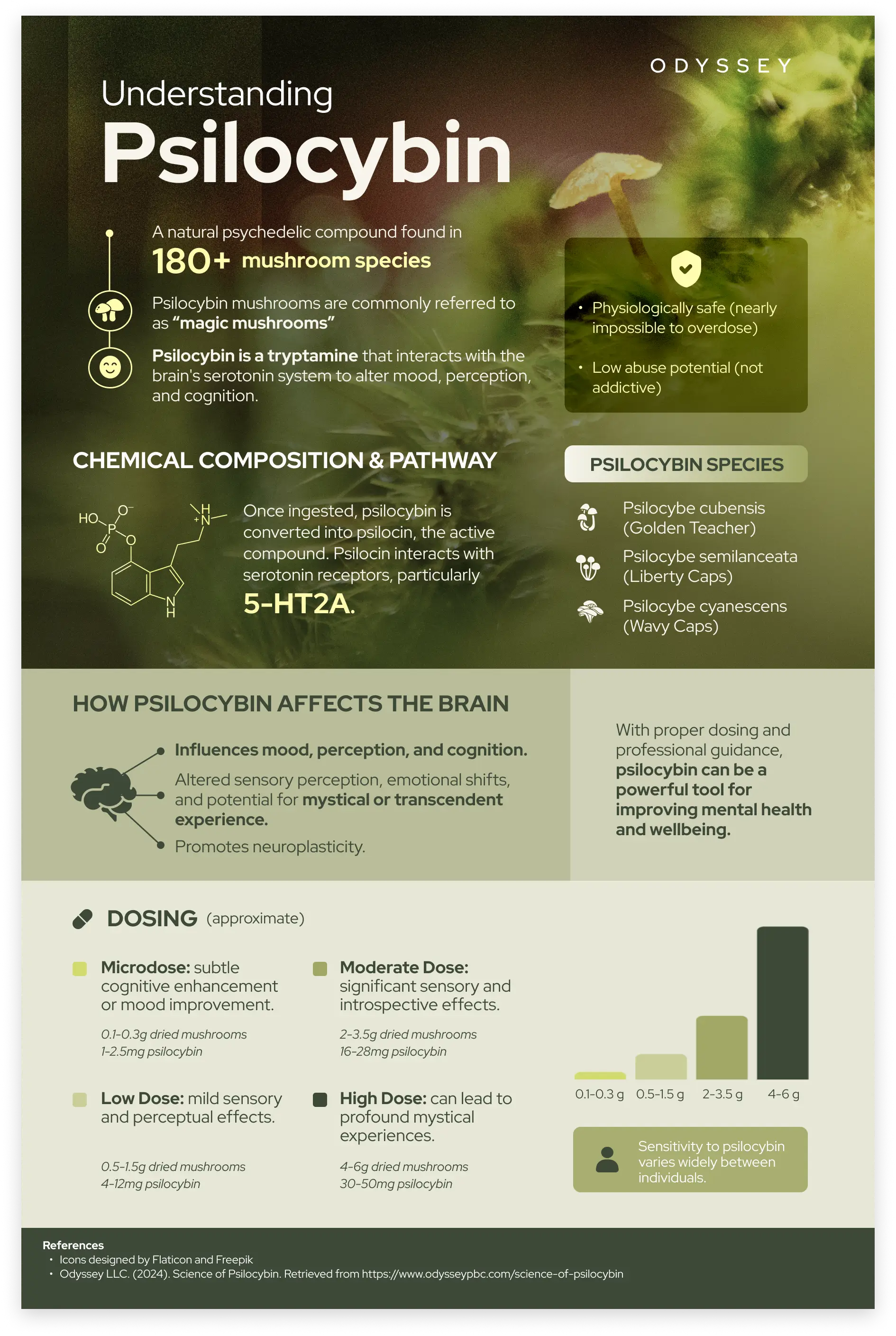
What is Psilocybin?
Psilocybin is a naturally occurring psychoactive compound classified as a tryptamine alkaloid, found in over 200 species of fungi, commonly referred to as "magic mushrooms." Chemically, psilocybin is a prodrug, meaning that it is biologically inactive until it is metabolized by the liver into psilocin, its active form. Psilocin acts on serotonin receptors in the brain, which are linked to cognition, perception, and mood regulation.
Research has shown that psilocybin alters brain activity in regions associated with self-awareness, sensory perception, and emotional regulation. It can induce a range of effects, including euphoria, visual and auditory distortion, changes in perception, and an altered sense of time. The intensity of these effects depends on factors such as dosage, the individual’s neurobiology, and the environment in which it is used.
According to the U.S. Controlled Substances Act (CSA), psilocybin is classified as a Schedule I substance, which indicates it has a high potential for abuse and no currently accepted medical use under federal law. However, ongoing research is challenging this classification by revealing psilocybin's potential therapeutic applications.
How Psilocybin Affects the Brain
Psilocybin's psychoactive effects are thought to largely be due to its interaction with serotonin receptors, particularly the 5-HT2A receptor, which is densely distributed in the prefrontal cortex, a region of the brain involved in decision-making, complex cognition, and mood regulation. Once psilocybin is converted to psilocin in the body, it binds to these receptors, initiating widespread changes in brain activity.
One of the most significant neurophysiological effects of psilocybin is its impact on the default mode network (DMN), a network of brain regions that is highly active during self-referential thought and rumination. Research, including studies from Imperial College London, has shown that psilocybin decreases the functional connectivity within the DMN, which may explain the altered sense of self and ego dissolution commonly reported by users. This reduction in DMN activity is linked to increased interconnectivity between other brain regions that do not usually communicate, leading to enhanced emotional insight and cognitive flexibility.
Psilocybin also affects temporal perception by impairing the brain’s ability to accurately process time intervals. Studies show that psilocybin disrupts normal time perception, particularly for intervals longer than 2.5 seconds, which contributes to the common experience of time dilation or the sensation that time is moving unusually slowly.
Historical and Cultural Context
Psilocybin-containing mushrooms have been used for centuries in various indigenous cultures, particularly in Mesoamerica, where they played a crucial role in religious and healing ceremonies. The word "entheogen," meaning "generating the divine within," is often used to describe the spiritual experiences facilitated by these mushrooms in traditional contexts. Modern research is now beginning to explore how these age-old practices intersect with contemporary therapeutic approaches, especially for treating conditions such as depression, anxiety, PTSD, and substance use disorders.
Current Legal Status of Psilocybin in Utah
Senate Bill 266 Overview
As of February 2025, Utah has made significant legislative progress regarding the medical use of psilocybin and MDMA. In March 2024, the Utah Legislature passed Senate Bill 266 (SB 266), establishing a three-year pilot program that permits healthcare providers at the University of Utah Health and Intermountain Health to administer these substances for therapeutic purposes.
The bill became law without the signature of Utah Gov. Spencer Cox and is now filed with the office of the Lieutenant Governor. In a statement on the two bills he allowed to pass but did not endorse, Spencer Cox said, “I am allowing two bills to go into effect without my signature because of the overwhelming legislative support.” The bill went into full effect on May 1, 2024.
The key aspects of SB266 include:
- Medical Use: The bill authorizes licensed healthcare providers at the University of Utah Health and Intermountain Healthcare to administer psilocybin and MDMA in a supervised clinical setting. This ensures that patients cannot take these substances outside of these controlled environments, unlike other treatments like medical cannabis.
- Eligibility: Patients must be over the age of 21 to receive MDMA or psilocybin treatment, and the substances cannot be administered to minors.
- Pilot Program Duration: The program is set to last for three years, during which data will be collected to evaluate the therapeutic benefits of these substances and determine whether to expand or modify the program.
- Limitations: Psilocybin and MDMA remain illegal outside of these specific medical uses. The bill does not legalize the personal or recreational use of these substances, maintaining their status as Schedule I substances under federal law and Utah state law.
Other Legislation: Utah Mental Illness Psychotherapy Drug Task Force & SB 200
The Utah Mental Illness Psychotherapy Drug Task Force, established by HB 167 in 2022, was assigned with evaluating controlled substances for potential therapeutic use in enhancing psychotherapy for mental health conditions. The task force reviewed evidence for the therapeutic benefits of Schedule I substances, including psilocybin and MDMA. Its report recommended caution in advancing any legislative efforts around these substances, particularly emphasizing the importance of waiting for approval from the United States Food and Drug Administration (FDA) of MDMA and psilocybin for therapeutic purposes. The task force also outlined potential regulatory frameworks, safety considerations, and the creation of a Psychotherapy Drug Board (PDB) to oversee any future programs in the state.
The year after the establishment of the task force, Senate Bill 200 (SB 200) was introduced in Utah to further explore the therapeutic potential of psilocybin and other controlled substances. The bill built upon the work of prior legislation, including HB 167, and sought to create a formal regulatory structure for the use of psilocybin in clinical settings to support scientific efforts in evaluating psychedelics for mental health treatment. This included the authorization of psilocybin production and regulation of psilocybin treatment centers. SB 200 emphasized the need for carefully controlled medical trials and the development of safety protocols before these substances can be widely adopted in Utah's healthcare system. However, Senate Bill 200 failed in March 2023.
Decriminalization vs. Legalization
It's important to note that while this pilot program permits the controlled medical use of psilocybin and MDMA within specific hospital settings, the recreational use of these substances remains illegal in Utah. Individuals interested in such therapies should consult with healthcare professionals to understand eligibility criteria and potential risks.
Decriminalization would involve reducing criminal penalties for possession or use of these substances, but such measures have not been adopted. Under current law, unauthorized possession of psilocybin is still treated as a criminal offense, and individuals can face serious legal consequences.
The Utah Controlled Substances Act (UCSA) classifies psilocybin as a Schedule I substance, indicating its high potential for abuse and lack of recognized medical use. This classification makes the possession and use of psilocybin illegal, except in cases involving authorized medical research or treatment exemptions. Despite this, ongoing research and legislative initiatives signal a growing interest in its therapeutic potential, particularly for mental health treatments like depression and PTSD.
Where Can You Access Psilocybin Legally?
Clinical Trials
Through SB 266, psilocybin-assisted therapy is currently available in a very limited capacity in clinical settings for research into its efficacy in treating depression, PTSD, and other mental health disorders. The ability to treat patients with psilocybin and MDMA is restricted to doctors at two of Utah’s biggest healthcare systems, the University of Utah Health and Intermountain Health.
Divine Assembly
While psilocybin remains illegal under state and federal law outside of regulated medical settings, there is a unique exception that has sparked interest. The Divine Assembly, a Utah-based religious organization, claims legal access to psilocybin for sacramental use under the protection of the First Amendment. Founded on principles of personal spiritual growth and connection, the church incorporates the use of psilocybin as a central part of its religious practices, viewing it as a sacrament that facilitates direct communion with the divine.
The Divine Assembly believes that the Religious Freedom Restoration Act (RFRA), along with broader First Amendment protections, shields its members from legal prosecution when using psilocybin in religious contexts. They assert that this legal standing, which has been tested in cases involving other sacramental substances like ayahuasca, allows their congregation to explore psilocybin in a spiritual, non-recreational framework. However, it's important to note that this legal status is nuanced, and no formal ruling specifically grants blanket protection for psilocybin use in this context. The church advises its members to stay informed of legal risks and to approach the sacrament with reverence and respect for both its spiritual and legal implications.
Legal Access
For those looking for immediate and fully legal psilocybin-assisted support, Odyssey offers both psilocybin group retreats and private sessions that are evidence-based and professionally guided in Oregon. Get matched to the right experience for you.

Medical and Therapeutic Applications
Mental Health Benefits
Recent research has highlighted the promise of psilocybin in treating a range of mental health conditions, such as depression, anxiety, PTSD, and substance use disorders. Clinical trials have consistently demonstrated that magic mushrooms, when administered in controlled environments with therapeutic support, can induce profound improvements in mental well-being. A study published in The New England Journal of Medicine showed that a single dose of psilocybin significantly reduced symptoms of treatment-resistant depression, with patients reporting lasting mood improvements.
Psilocybin’s effects are linked to its ability to promote neuroplasticity, or the brain's capacity to form new neural connections. This enhanced plasticity allows individuals to break free from deeply ingrained negative thought patterns. Additionally, psilocybin appears to reduce activity in the default mode network (DMN), a brain system associated with self-referential thoughts and rumination. By temporarily suppressing this network, psilocybin helps patients process emotions more effectively and gain new perspectives on their mental health challenges.
The potential applications of psilocybin extend beyond depression. Clinical trials have also explored its use in treating post-traumatic stress disorder (PTSD), where it has been shown to diminish fear-based responses and promote emotional healing. Studies investigating psilocybin’s effect on substance use disorders have yielded promising results as well. Psilocybin-assisted therapy has helped individuals reduce their dependence on alcohol and nicotine by providing psychological insights that support long-term behavioral change.
While these findings are promising, psilocybin is not without risks. Some users may experience psychological distress, including anxiety or paranoia, particularly if predisposed to mental health conditions like schizophrenia or bipolar disorder. Additionally, the visual effects often induced by psilocybin can be intense and disorienting.
Get matched to the best professionally guided and evidence-based psilocybin-assisted experience for you.
Read:
- Psilocybin and Neuroplasticity: Research & Benefits
- Psilocybin Therapy for Obsessive-Compulsive Disorder (OCD)
- Psilocybin Therapy for Depression
Conclusion
Psilocybin’s journey in Utah reflects the evolving perspectives around psychedelic substances and their potential therapeutic applications. While the state continues to classify psilocybin as a Schedule I substance, the introduction of Senate Bill 266 has opened the door for exploring its medical use in controlled settings, offering new hope for those battling treatment-resistant mental health conditions. As research continues to uncover the profound benefits of psilocybin in treating disorders like depression, PTSD, and substance abuse, Utah is poised to become part of a growing movement that recognizes the potential of psychedelics in mental health treatment.
FAQs
Are magic mushrooms legal in Utah?
- No, magic mushrooms (psilocybin-containing mushrooms) are illegal in Utah. However, Senate Bill 266 introduced a three-year pilot program allowing psilocybin and MDMA to be used in controlled medical settings for specific mental health treatments, such as depression and PTSD. Outside of this medical use, personal possession and recreational use remain illegal.
In what states are magic mushrooms legal?
- Magic mushrooms are currently legal for therapeutic use in Oregon and Colorado. Oregon became the first state to legalize psilocybin-assisted therapy in 2020, and Colorado followed in 2022 with the passage of Proposition 122, allowing regulated access to psilocybin in licensed centers. Other states, like California, are exploring similar reforms but have not fully legalized them.
What drugs are legal in Utah?
- In Utah, medical cannabis is legal with a valid prescription, but recreational marijuana use remains illegal. Ketamine is also legal for medical use and is commonly administered in clinical settings for the treatment of conditions like depression, PTSD, and anxiety. The FDA-approved esketamine (Spravato) nasal spray is available for treatment-resistant depression. Under SB 266, psilocybin and MDMA are permitted for limited medical use in a supervised, clinical setting as part of a three-year pilot program. Other controlled substances, such as LSD, heroin, and recreational ketamine use, remain illegal.
What is Utah SB 266?
- Utah Senate Bill 266 (SB 266) was passed in March 2024 and put into effect in May of the same year. It establishes a pilot program that allows licensed healthcare providers to administer psilocybin and MDMA to patients in a controlled medical setting. The program aims to explore the therapeutic potential of these substances for treating mental health conditions like treatment-resistant depression and PTSD. The program is scheduled to run for three years.
What is Utah HB 167?
- Utah HB 167, passed in 2022, established the Utah Mental Illness Psychotherapy Drug Task Force. The task force was responsible for studying the therapeutic potential of controlled substances, such as psilocybin and MDMA, to treat mental health conditions like depression and PTSD. It aimed to explore the safety, efficacy, and regulatory frameworks for these substances in psychotherapy, while recommending waiting for approval from the Food and Drug Administration before advancing any state-level legislation. The task force’s findings laid the groundwork for ongoing discussions about psychedelic therapy in Utah.
Explore psilocybin’s status in other states:

.svg)
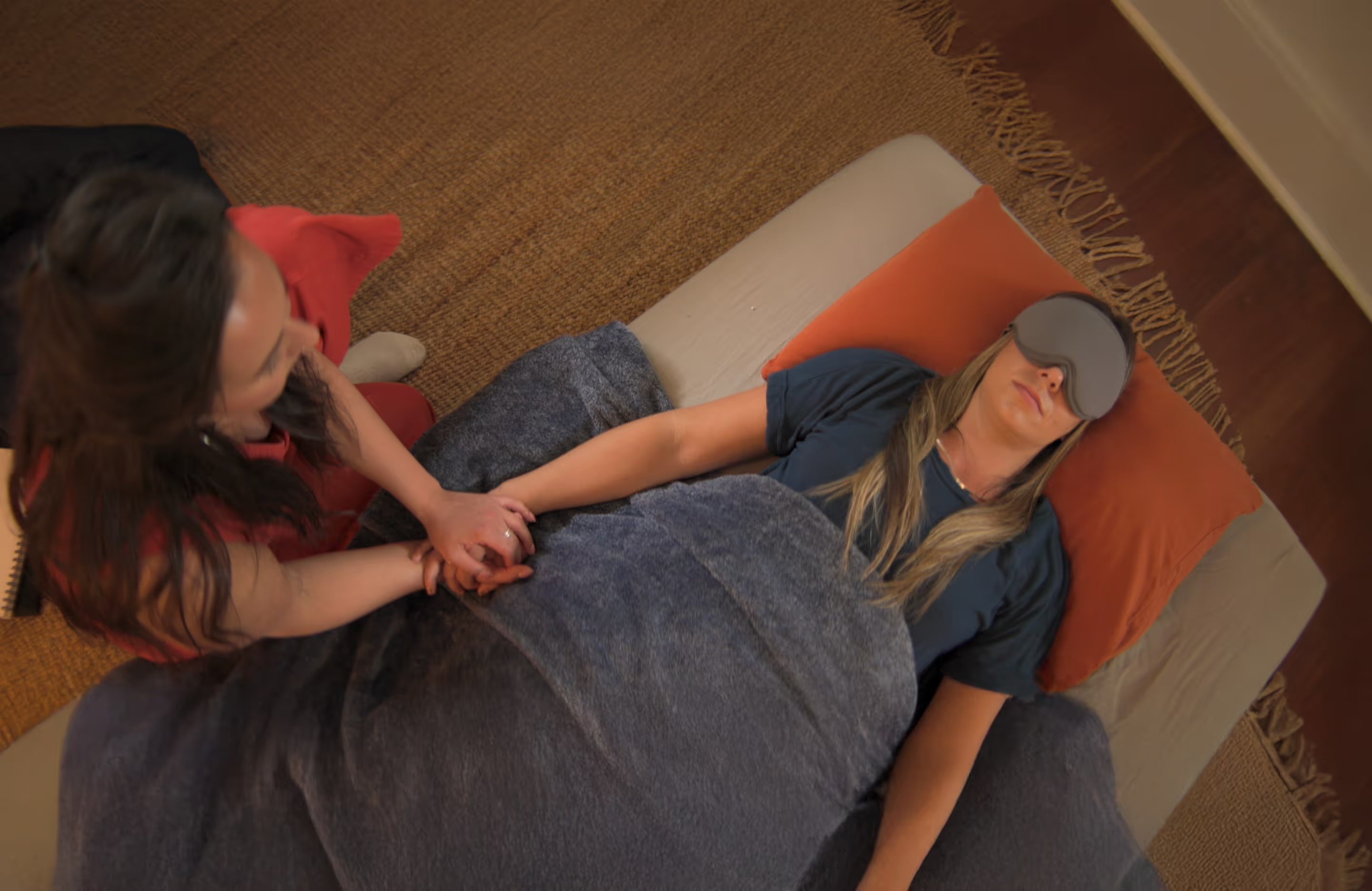
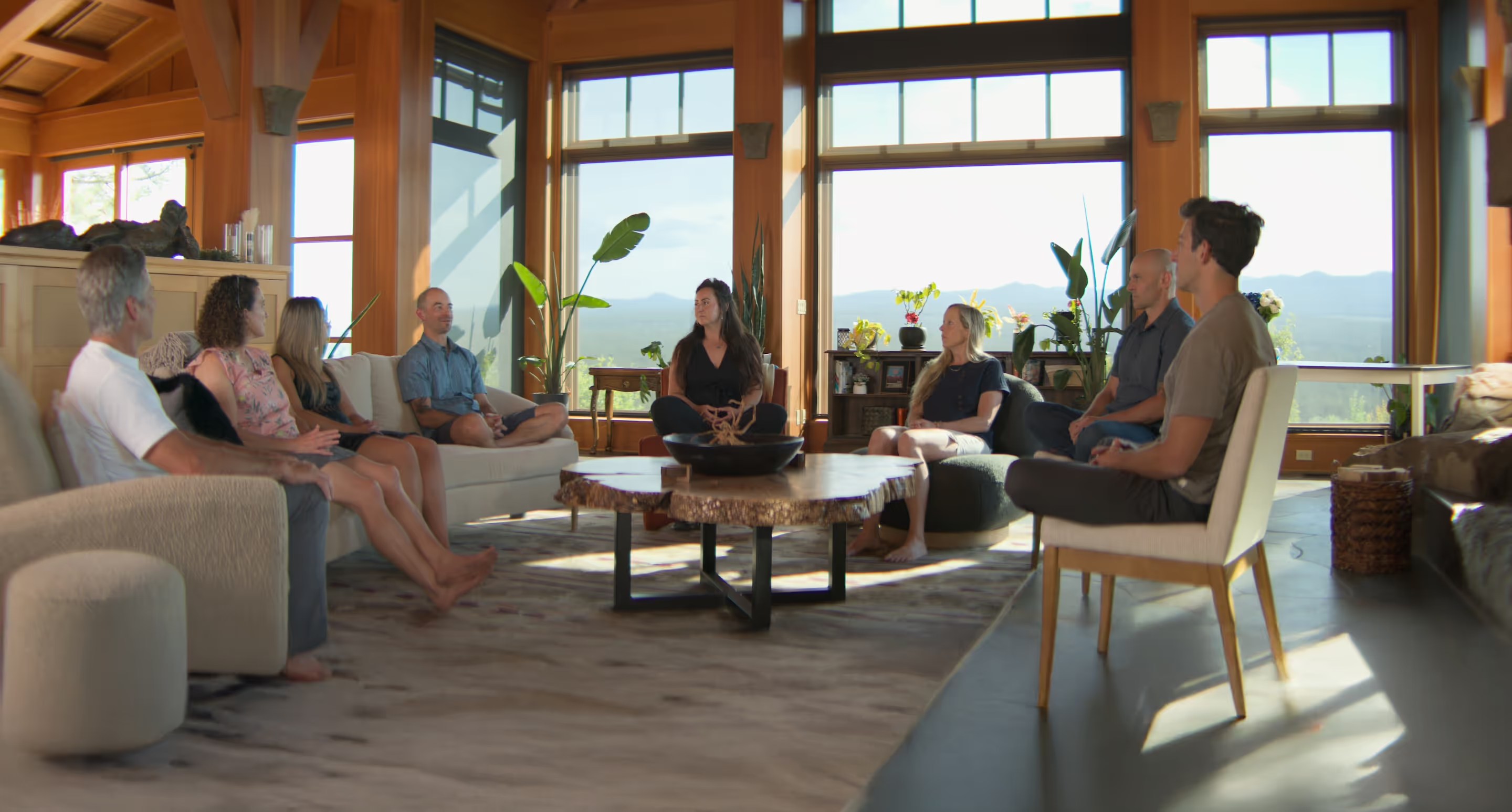



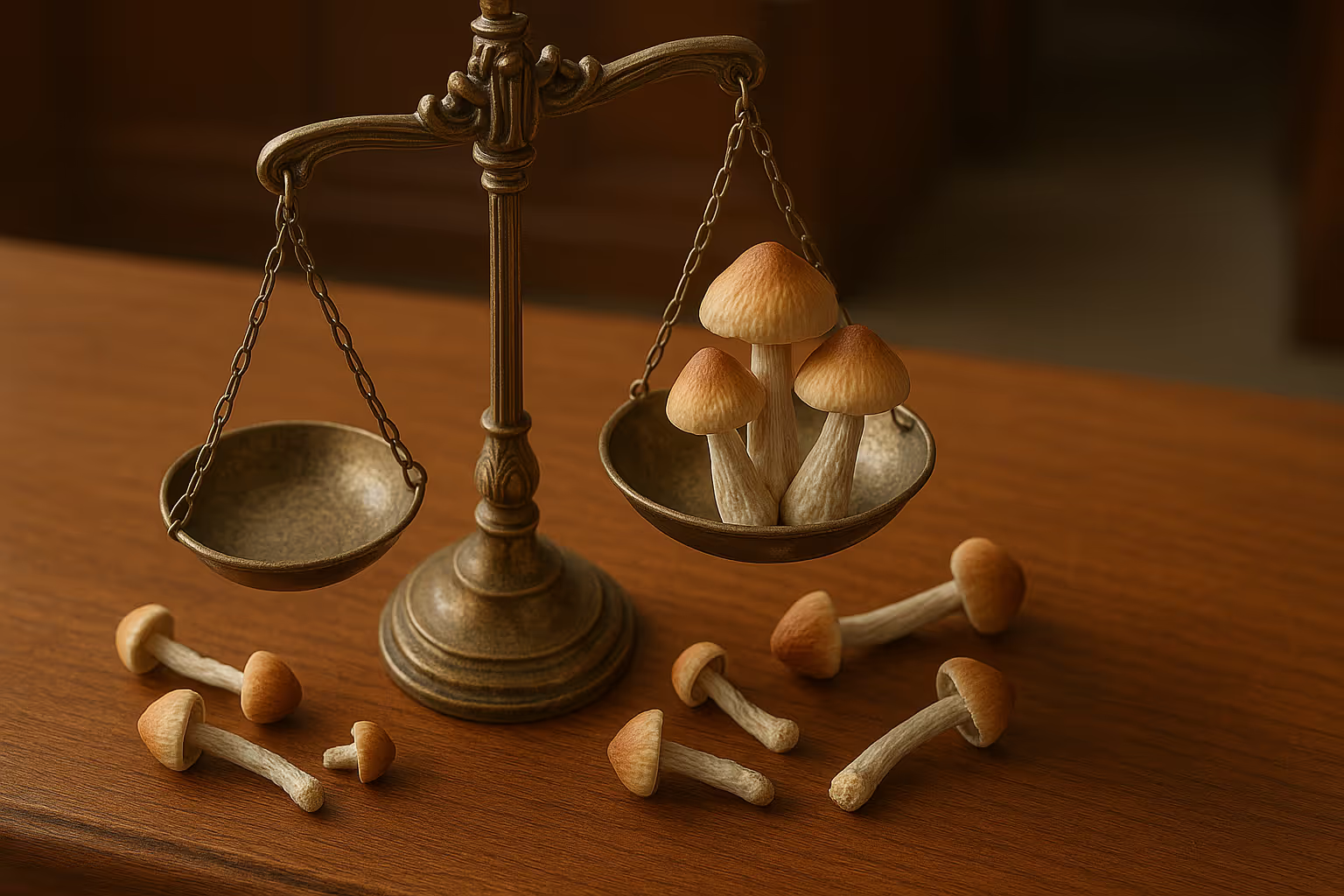



.svg)